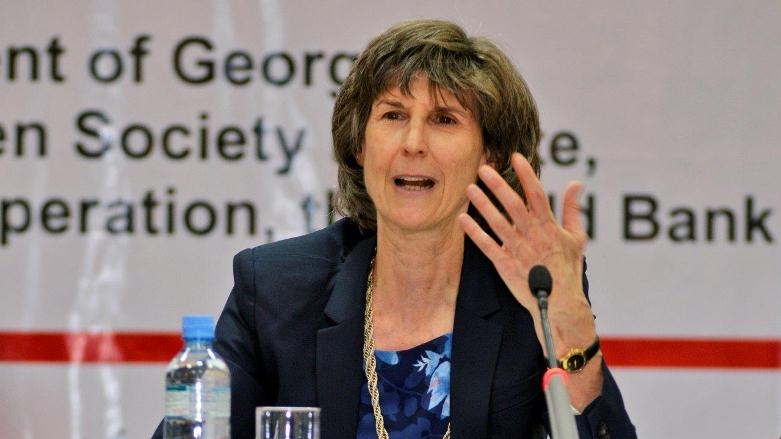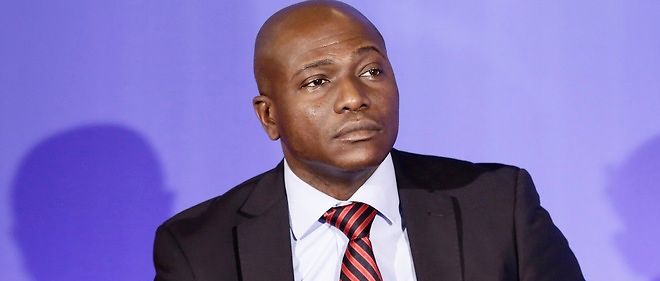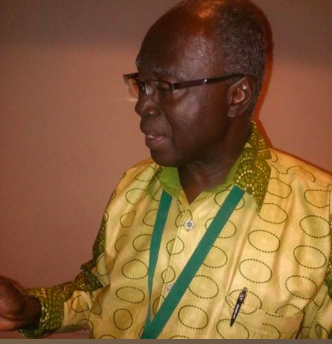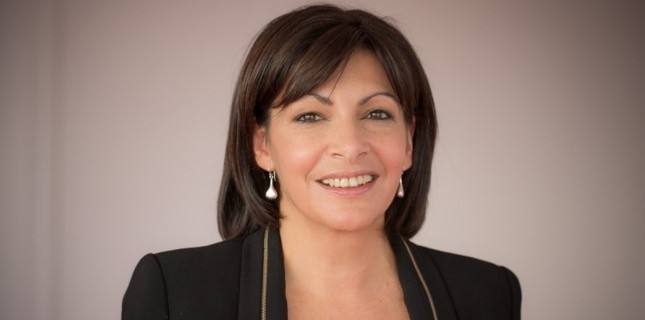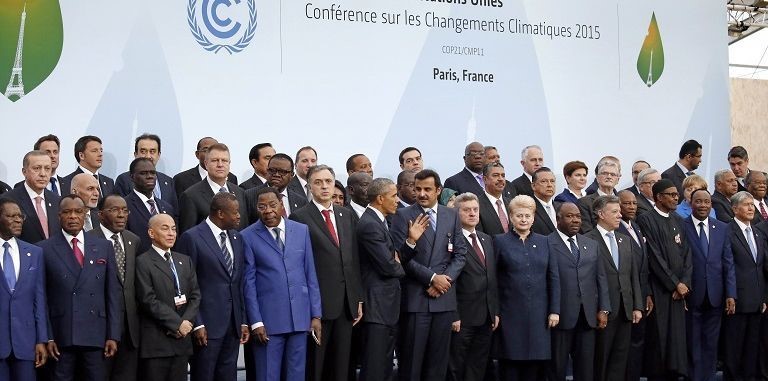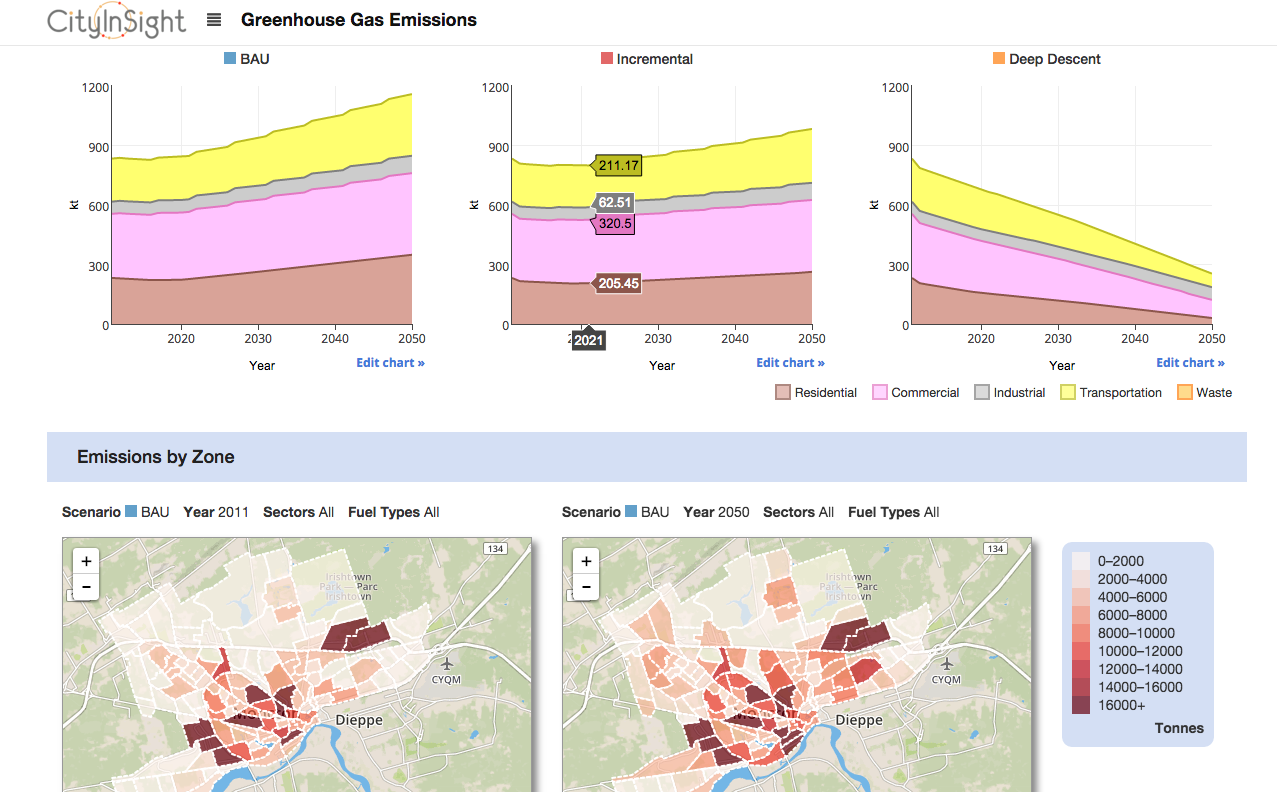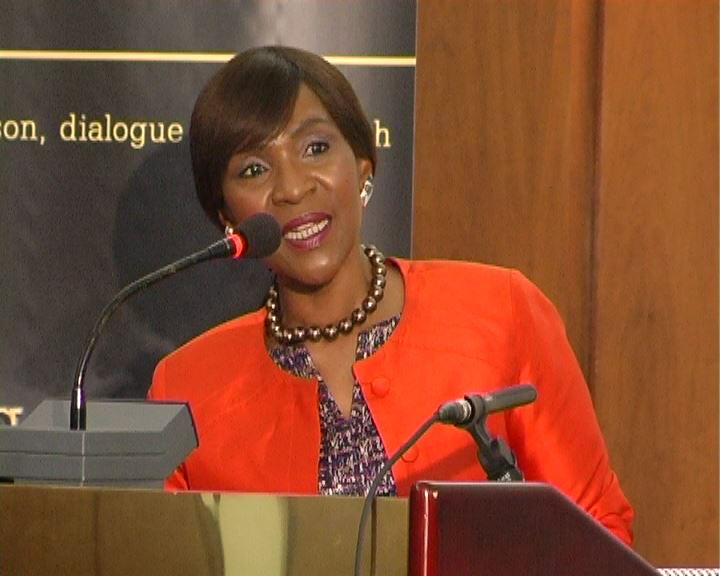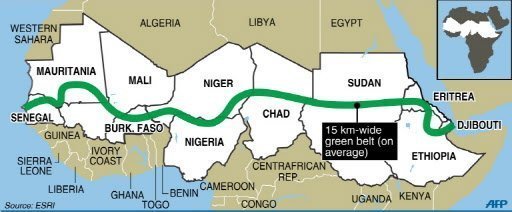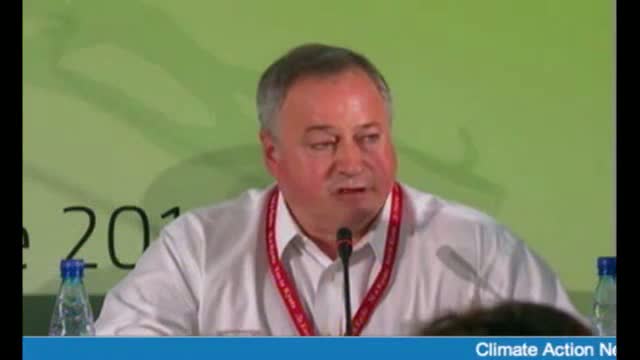The 4th African Medicines Regulators Conference jointly organised by the New Partnership for Africa’s Development (NEPAD), African Union and World Health Organisation (WHO) came to an end on Friday, December 4 with a call on African nations to curb their dependency on foreign funding for health. It held for three days in the Ethiopian capital, Addis Ababa.
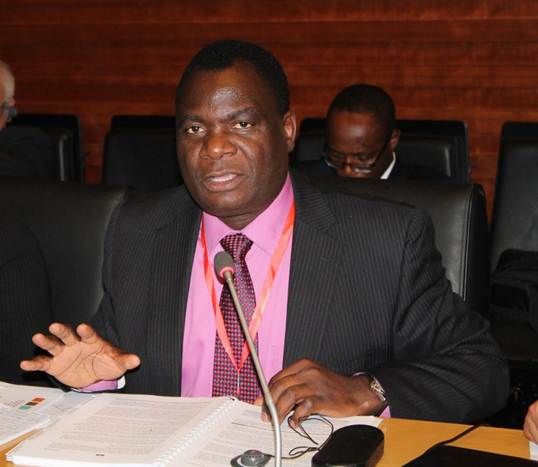
The meeting sought to discuss ways of ensuring that there is support for countries to accelerate the pace of establishing functional medicines regulatory agencies at national, regional and continental levels and strengthening the capacities of existing in the region.
Throughout the three days, it was evident that the workshop set out to create a platform to review progress made in the implementation of the five-year action plan (2014-2018).
The review process was meant to strengthen the capacity for regulation of medical products in the Region and propose solutions for tackling challenges faced by countries.
In his opening address, Professor Aggrey Ambali, head and advisor of NEPAD Science, Technology and Innovation Hub, stressed the need for Africa to reduce dependency on external funding for health considering that the continent bears 25% of the global burden of disease.
He, however, said while less than two percent of the world’s medicines are produced in the continent, importing the medicines and commodities that people desperately need is unsustainable.
“Africa must invest in itself and the health of its people. It is the right thing to do, and it will deliver real economic and social returns.
“It would be also important to fast-track reforms in regulation of medical products and technologies in the continent by scaling AMRH across the continent through regional economic communities and regional organisations,” said Prof Ambali.
He underlined the need to expand the scope of African Medicines Regulatory and Harmonisation (AMRH) to cover other regulatory functions and products.
“NMRAs involvement in the elaboration of regional and continental medicines agencies – the African Medicine Agency. NMRAs utilisation of regional centers of regulatory excellence. Advocacy for domestication of the AU Model Law on Medical Products Regulation which will assist in strengthening NMRA governance in Africa, ensure effective regulation of medical products and technologies,” he said.
While discussions are focused on regulation and establishing regulatory bodies, the issue of advocacy for sustainable NMRA financing models and how NMRAs fund their participation to African Medicines Regulators Conferences remained a critical issue.
Other topical matters that aroise during the meeting include how to establish a robust monitoring and evaluation framework to monitor progress and assess impact of medicines regulation in promoting and protecting public health and its contribution to economic growth.
“We need strong NMRAs in Africa that can attain the status of Stringent Regulatory Authorities (SRA) that we currently see in Europe and US,” said professor Ambali.
But Dr Jane Byaruhanga from the African Union alluded to the fact that Africa’s leadership remains concerned about a continued disproportionate disease burden of communicable and non-communicable diseases and its negative impact on the continent.
She noted sub optimal investments in the health care delivery system continues to hamper Africa’s progress not only in ripping the economic potential of a healthy human capital but also affected other sectors of the already fragile economies of various countries.
“The proliferation of sub-standard, spurious, falsely labelled, falsified, counterfeit medical products in our market further constitutes a public health emergency that has also severely impacted on the competitiveness of the local pharmaceutical industry,” she said.
Byaruhanga, therefore, said the forum would go a long way in facilitating and ensuring that continental frameworks and institutions established and endorsed by the African Union leadership are implemented at national, regional and continental levels.
“These frameworks include the pharmaceutical manufacturing plan within which the African Medicines Regulatory Hamornisation Programme was established and the African Medicines Agency, the Africa Centre for Disease Control and Prevention, the African Union Model Law on Medical Product Regulation which was recently endorsed by the African Union Specialised Technical Committee on Legal and Justice Affairs,” she said
Initially, the framework and institutions are intended to create the enabling legal and regulatory environment for the pharmaceutical sector development, and improve access to quality essential medicines promote and protect public health of our citizens.
Meanwhile, the AU and NEPAD have teamed up on how best to harness the global momentum that has been created towards addressing the issue of counterfeit medicines and willingness to support related programme in Africa while acknowledging the effort of regional economic communities.
By George Mhango

